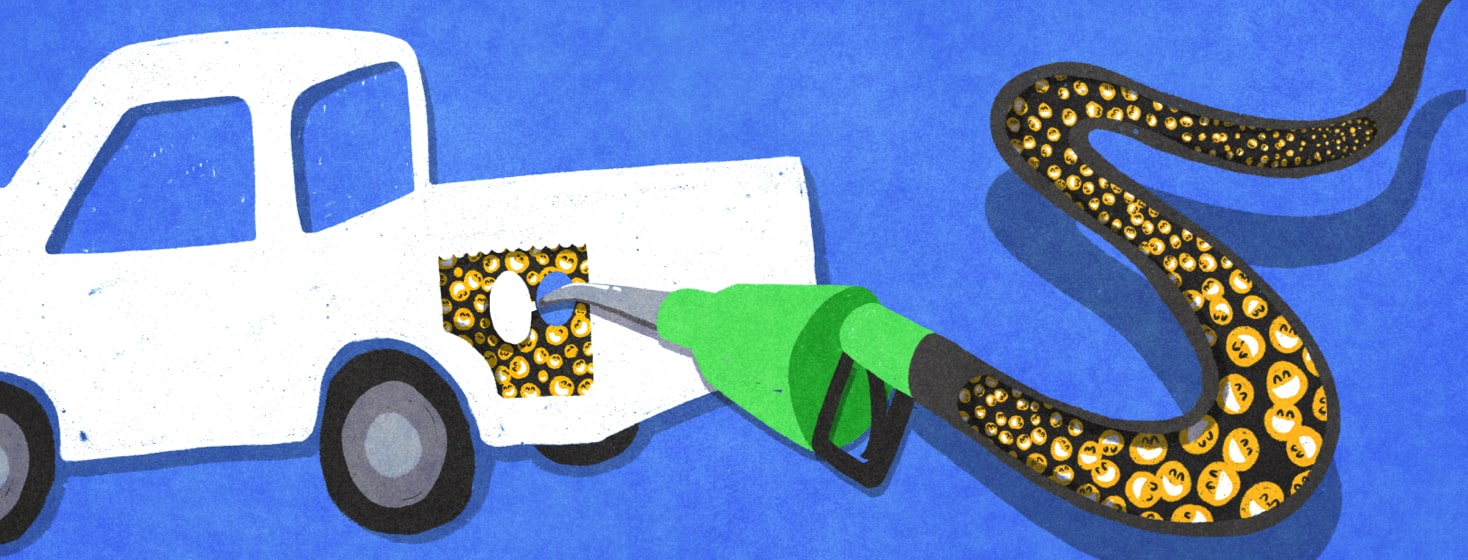Did You Hear the One About the Benefits of Neuropathy?
While on a walk with friends on a cold winter day, with slush underfoot, I had a secret weapon that you wouldn’t normally call a plus in a person’s life: neuropathy.
More specifically, it was my ability to make a joke about it. When one friend said she really needed to go back because her feet were frozen, I said, “My feet are so numb that I don’t need to go back because I don’t feel anything!”
Neuropathy isn't really a laughing matter
Of course, for the many people who suffer from peripheral neuropathy, it is no laughing matter. And our feet (or hands) are not “merely” numb. They can be painful at the same time, especially, in my case at least, when a storm is brewing.
But laughter warms me
But for some reason on that cold day when my friend wanted to turn back, it just stuck me as funny. And when I made the joke, I could feel my laughter, and my friends’ laughter, warming me.
When people ask how going through the wringer with blood cancer has changed me, they are surprised when I sometimes say that it has made me funnier.
Cancer has made me funnier
A little humor goes a long way, as research on the benefits of laughter attests. The author of one review on the topic wrote, “Decreasing stress-making hormones found in the blood, laughter can mitigate the effects of stress… Furthermore, endorphins secreted by laughter can help when people are uncomfortable or in a depressed mood.”sup>1
The Mayo Clinic says that in the long term, laughter can also2:
- Improve your immune system.
- Relieve pain.
- Increase personal satisfaction.
- Improve your mood.
A good joke relaxes me
Recently while about to undergo a scary and new-to-me medical procedure, I was able to release stress by cracking a joke. The doctor laughed, and the resident with her joined in the joke, so that I felt immediately more relaxed. It was when I was about to get a biopsy of a fingernail. I knew the doctor knew how to do it – she’s a dermatologist who specializes in diseases of the nail – but still, this popped out of my mouth: “You’ve done this before, right?”
To which the resident replied, “No but we watched a You Tube video about it this morning.” I immediately felt more relaxed. (It turned out to be graft vs. host disease of the nail of all things.)
I do a lot of yoga, and sometimes after the teacher leads us in a difficult pose, she adds, “Turn the corners of your mouth up.” If I do it, it does make things easier. Researchers at the University of Kansas explained the science behind the oft-heard advice to “grin and bear it.”3
Toxic positivity isn't a joke, however
That said, I am totally against putting on a happy face at all costs. Some call this toxic positivity. That is the idea that if you do not smile, there is something wrong with you, and furthermore, if you are sick and justifiably sad or depressed, you will hurt your chances of recovery if you don’t buck up. Toxic positivity is judgmental.
It says it is NOT OK to feel bad. Of course, there are studies to back up the importance of honoring your feelings, such as this one on “The psychological health benefits of accepting negative emotions and thoughts.” https://pubmed.ncbi.nlm.nih.gov/28703602/
I still had to laugh about my numb feet providing protection against the cold, though at other times they make me want to cry. I don’t usually cry, but I do allow myself to feel pretty darn bad about it.

Join the conversation